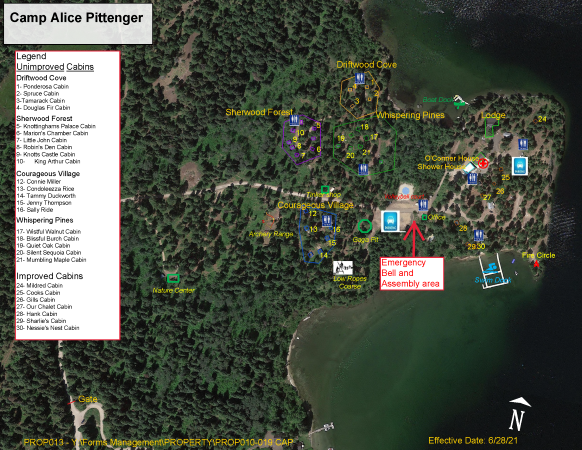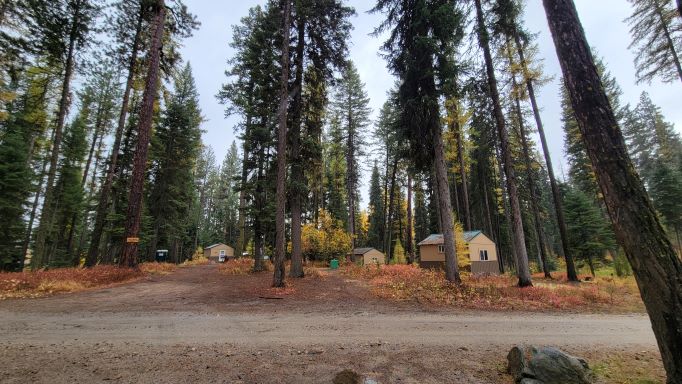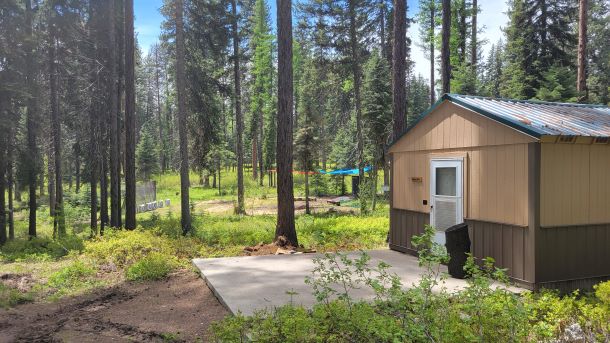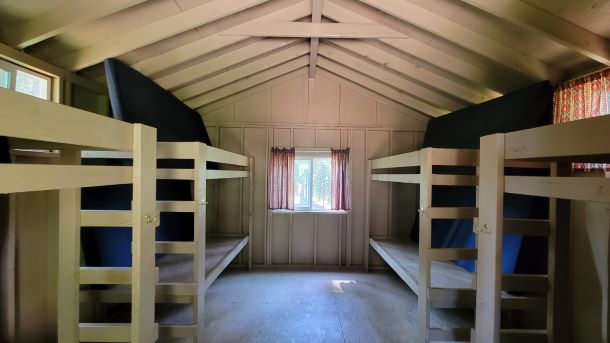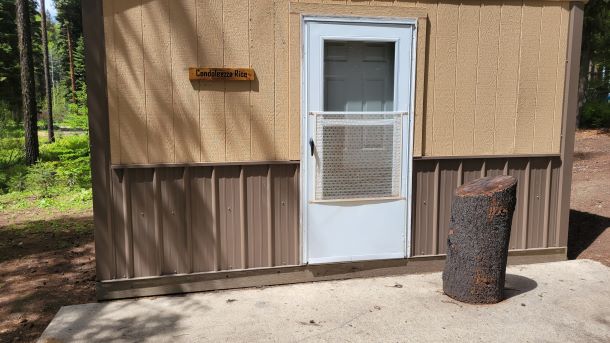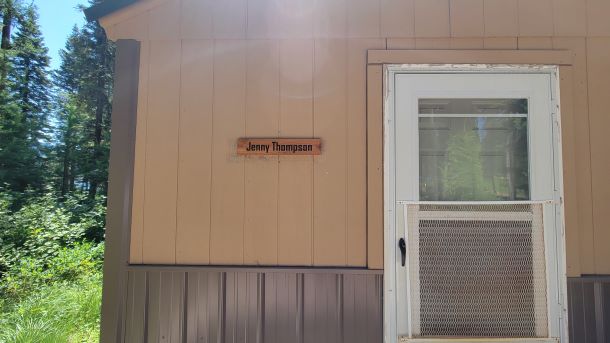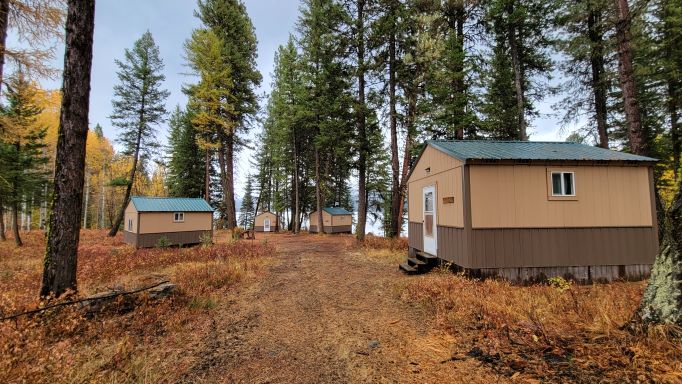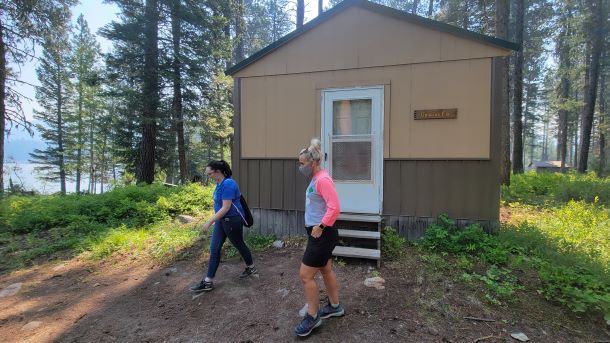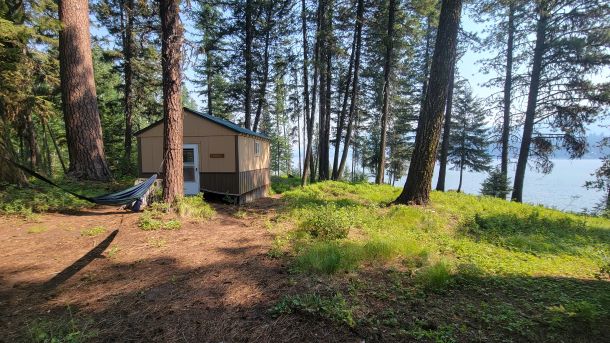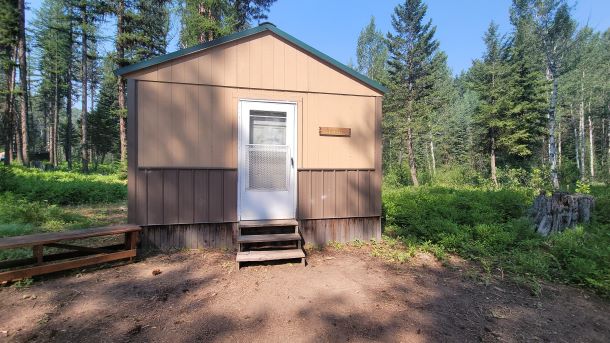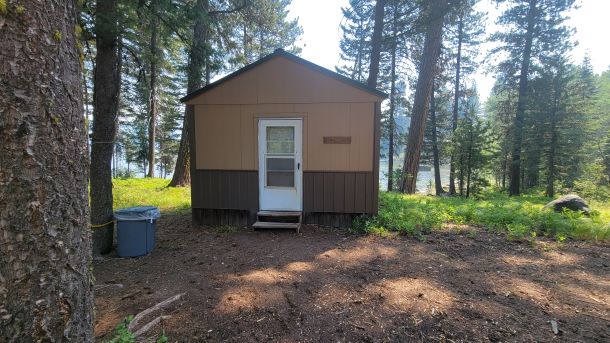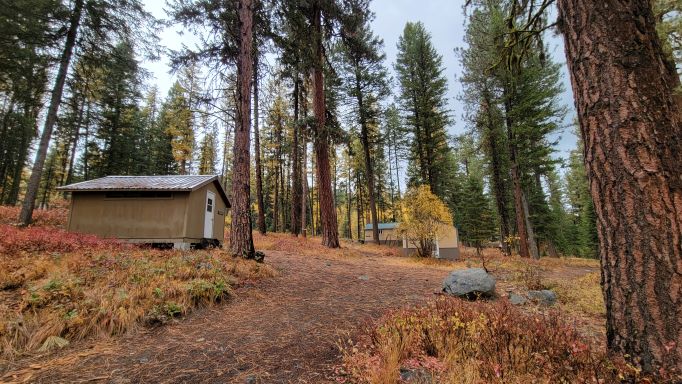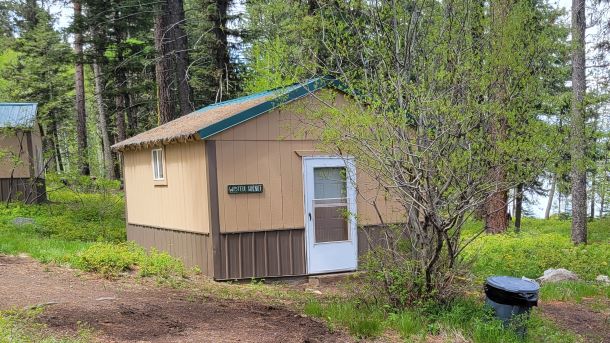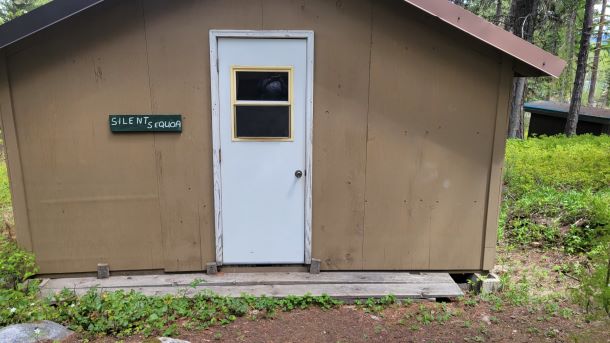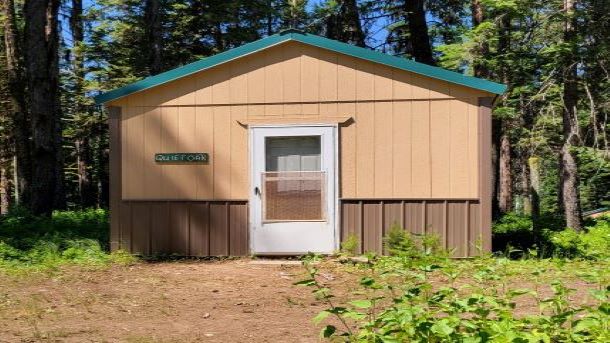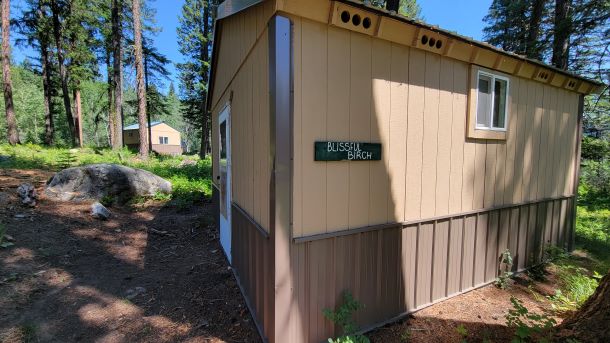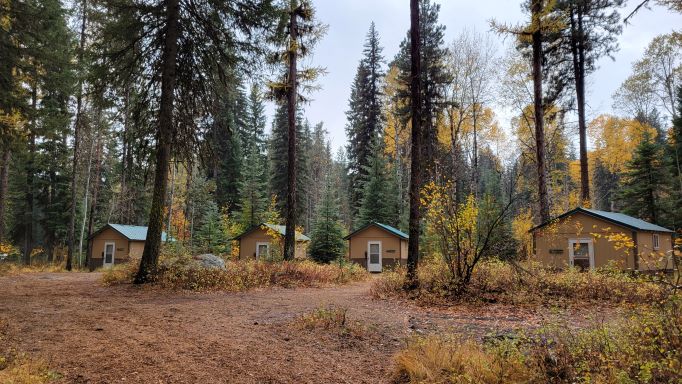What does a typical day at Camp Alice Pittenger camp look like?
7:15am- Wake-up and get ready for the day
8am- Breakfast
9am- Flag ceremony
9:30am- First Activity
10:45am- Second Activity
Noon- Lunch
1pm- Rest hour
2pm- Third Activity
3:30pm- Fourth Activity
5pm- Dinner
6pm- Flag ceremony
6:30pm- Evening activity
8pm- Campfire
9-10pm- Bedtime (depending on age)
How do camp activities work?
When girls arrive at camp, they will be assigned to a unit. A unit is a group of cabins with girls all in the same program and age group. The unit will attend all their activities together and are guided by their camp counselors. During the week, there will be times that multiple units or the entire camp will do activities together such as an all-camp game or campfire programs.
What are the drop-off and pick-up times?
Drop-off for Camp Alice Pittenger is between 3pm and 4pm. Pick-up at Camp Alice Pittenger is between 10am and 11am.
What types of food is served at camp?
At camp, we serve well-rounded, child-friendly foods. Each meal will have protein, fruits, vegetables and carbs.
For example:
Breakfast: Pancakes with a side of sausage and fruit *cereal always an option
Lunch: Grilled cheese and tomato soup with salad offered.
Dinner: Spaghetti with salad offered.
Can I send my camper with snacks and food?
At Camp Alice Pittenger, we provide three meals a day plus snacks. We do not allow any outside food at camp, please do not send additional food for your camper.
What should I pack for camp?
In your family information packet, you will receive a detailed packing list of what to send to camp.
What if my camper takes daily medication?
We have systems in place to make sure each child gets the medication they need. No camper is permitted to keep medications of any kind on them or in their cabin. EpiPens, inhalers and other emergency medications are the only exceptions. This includes prescription drugs and over-the-counter items such as Tylenol, Sudafed or cough drops. All medications that are brought to camp will be given to the qualified camp health staff on drop-off day. All prescription and over-the counter medications need to be sent in the original bottle with the doctor’s name, dosage, and usage instructions on the bottle, if applicable. Please put all medication bottles to be used during camp in a clear zip-lock bag with your child’s name and instructions for administration on it. Qualified camp staff will dispense all necessary medications as needed. All medications will be returned to you when you pick up your child.
Are there any restrictions on activities?
Some program areas have pre-requisites campers must meet to participate. Pre-requisites are based on equipment and safety requirements from GSUSA and the American Camping Association and are designed with the safety and the quality of experience of your camper in mind. If not mentioned below, there are no pre-requisites for the activity.
For waterfront activities, campers will complete a swim check at the beginning of the week to determine their swimming abilities. They will be asked to swim up to two lengths of approximately 25 yards and tread water for two minutes as they feel comfortable. Campers may retest during the week as time allows. Swim level are as follows:
Red: either opted out of the swim check or could not complete one length
Green: can confidently swim one length, may struggle during the second length if attempted, may struggle with treading for the full 2 minutes.
Blue: can confidently complete two lengths and tread water for two minutes.
Waterfront pre-requisites:
Water Obstacle Course: campers must have a green swim band
Canoes: All ages, if a camper has a red band they may canoe with an adult in the boat
Stand-Up Paddle Boards: Juniors and up- must have a green band or higher. If a camper has a red band, they can be in a canoe with an adult.
Canoe field trips: Cadettes and up- must have green or blue band and pass a tippy-test.
Tippy test: camp staff will teach campers how to tip their canoe and swamp it with water, use another boat to drain the canoe, and get back into the canoe from the water.
Land pre-requisites:
Archery: Juniors and up
Rock Climbing Wall: Any camper participating in the climbing wall must weigh between 30-315 pounds and be able to fit into a camp provided climbing harness to climb.
Where will my camper sleep?
Campers will sleep in cabins without electricity. Campers may participate in an overnight camping trip in tents, hammocks or sleeping under the stars.
Where do the Camp Counselors sleep?
Our Camp Counselors sleep in a cabin/ tent in the same campsite area as their camper however, they do not sleep in the cabin/tent with the campers. This allows campers to build independence with a trusted adult nearby.
Can my camper be put in a cabin with her buddy or other girls from her troop?
Yes! When registering, please list up to three campers who you would like your camper to be buddies with. While we try to ensure that all buddy requests can be honored, we are sometimes unable to place buddies if the age gap is too large (for example, a 7th grader buddy requesting a 3rd grader). If friends, sisters or troopmates are put into another group, they will be able to see each other during meals and evening programs.




